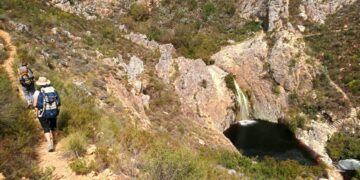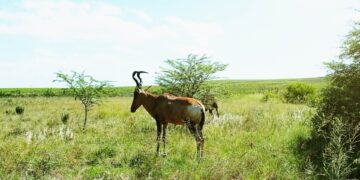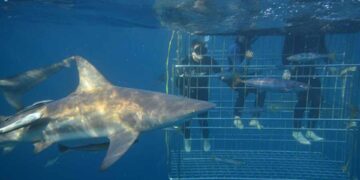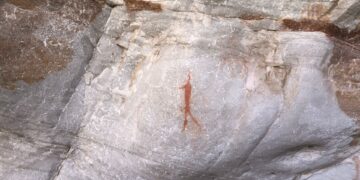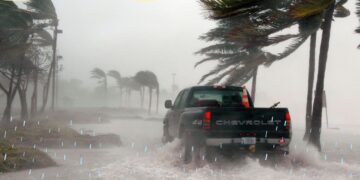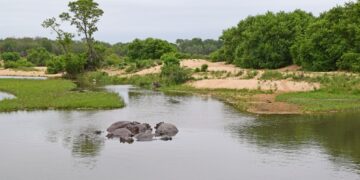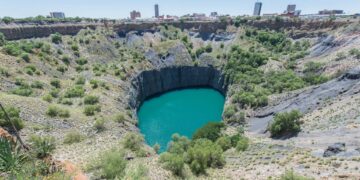An ENORMOUS whale carcass washed up on a Cape Town beach on Saturday, 26 November. Check out some of the footage here…
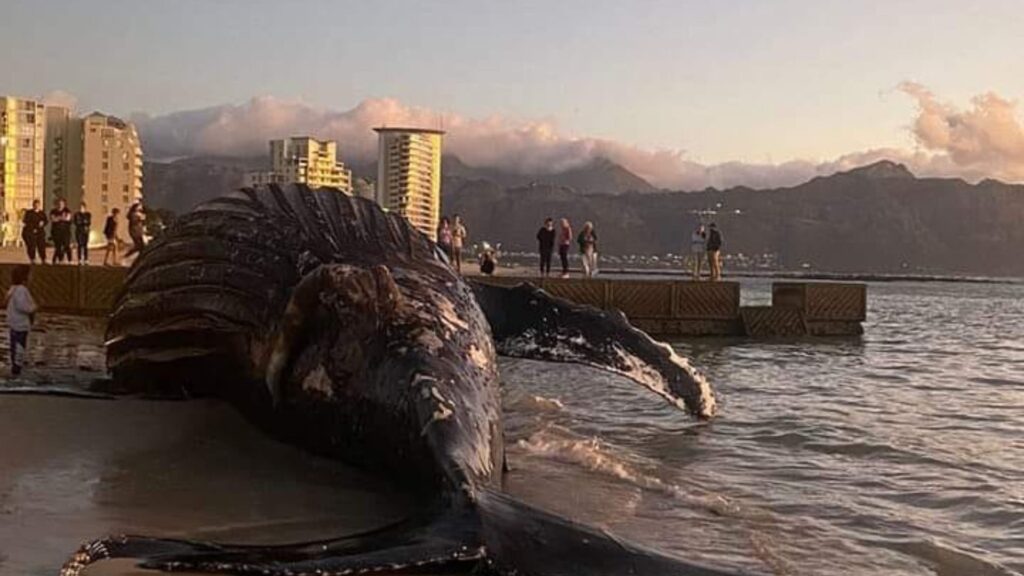
By: Corné van Zyl
A MASSIVE whale carcass washed ashore in Cape Town.
WATCH AS THE MASSIVE WHALE CARCASS WAS REMOVED ON SATURDAY
According to the NSRI the whale carcass was located close in-shore on Friday afternoon, 25 November, and by Saturday morning, the carcass had, as predicted, beached in Strand.
ALSO READ: A dozen Great white sharks seen on Plettenberg Bay coast
WATCH THE VIDEO HERE:
The carcass, which drew much attention, was removed on Saturday afternoon.
ALSO READ: SEE: Fishermen bravely save sharks in Muizenberg
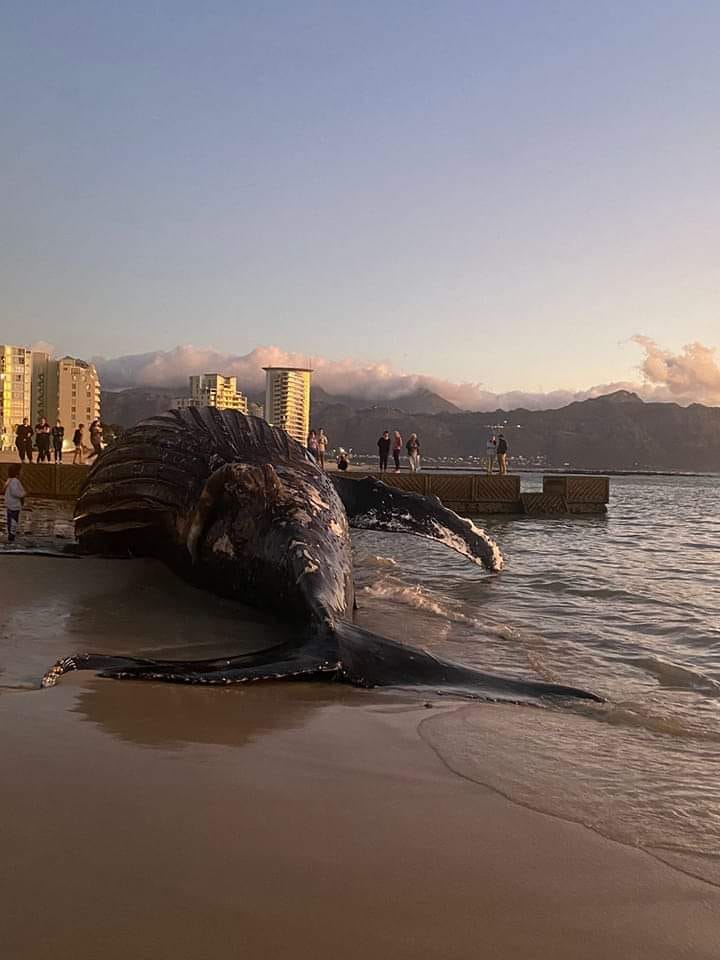
THE WHALE CARCASS BEACHED IN STRAND ON SATURDAY MORNING
NSRI and the City of Cape Town (CoCT) said teams would investigate the removal of the whale carcass.
WATCH AS THE CARCASS WAS REMOVED:
Despite the removal of the carcass, the CoCT Law Enforcement Marine Unit officers, CoCT lifeguards, Strand Surf Lifesaving lifeguards, and Strand Neighbourhood Watch appealed to bathers to NOT enter the water on Saturday and on Sunday.
A SHARK ALERT WAS ISSUED DESPITE WHALE CARCASS BEING REMOVED
“It is normal for a whale carcass to attract sharks and caution is advised.
“We are appealing to water users along the Strand Beach front and towards Gordon’s Bay and towards Macassar to be aware of possible increased shark activity in the area due to the whale carcass and to exercise caution.”NSRI
Earlier this year, researchers have noted a decline in sharks in the Gansbaai coast area since 2017. This comes as two orcas have killed at least EIGHT Great White Sharks.
THE TWO ORCAS TRIGGER THE FLIGHT RESPONSE TO FEAR IN SHARKS
According to a study published in the African Journal of Marine Science, the shark carcasses washed up without their livers and hearts or with other injuries distinctive to the orca pair.
Shark experts at the Dyer Island Conservation Trust suggested the orcas trigger the ‘flight’ response to fear of sharks when nearby.
The report furthermore states that this, in turn, results in their rapid, long-term emigration from the area, creating an opportunity for an influx of new predators to deplete other species.




